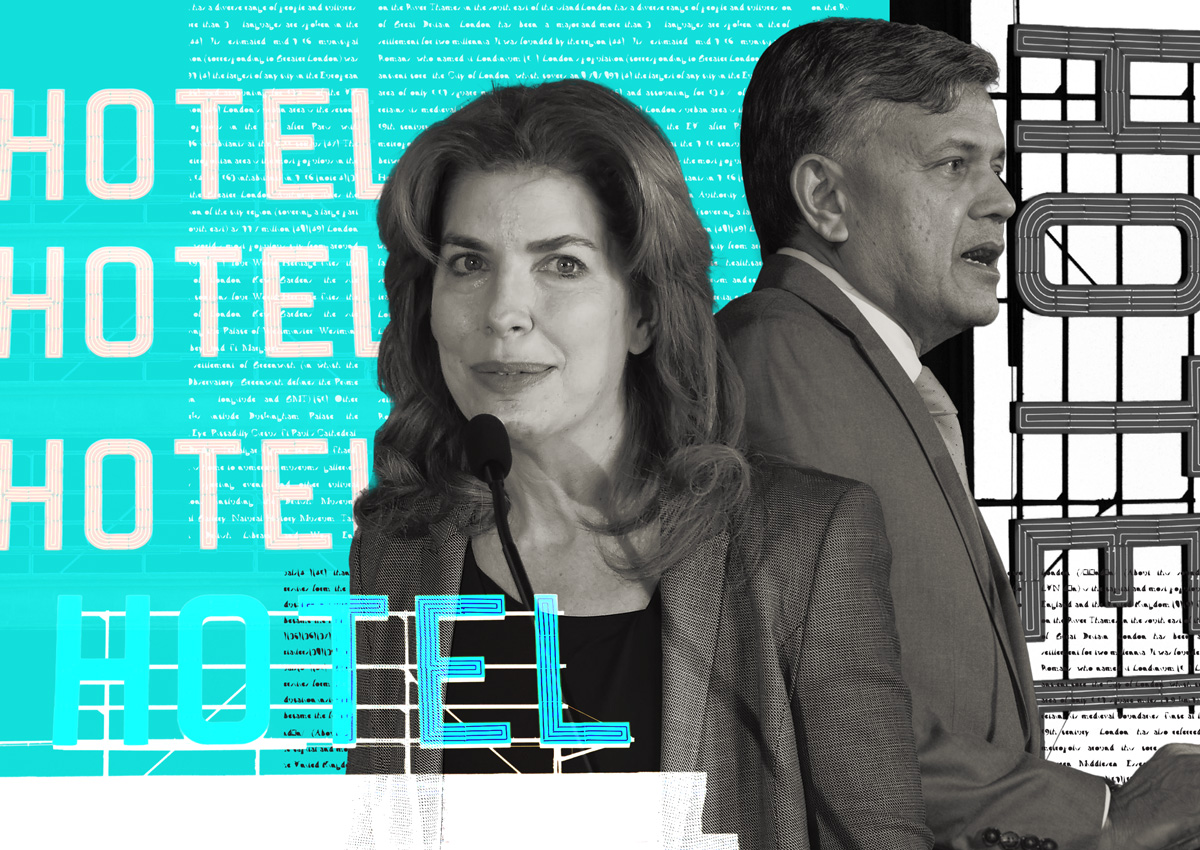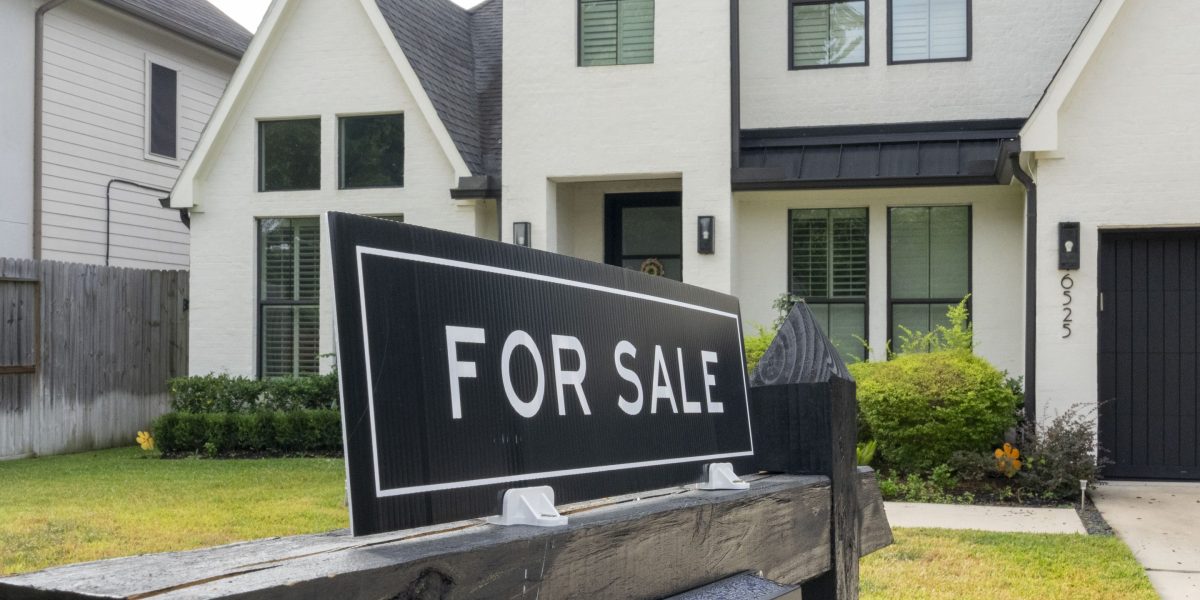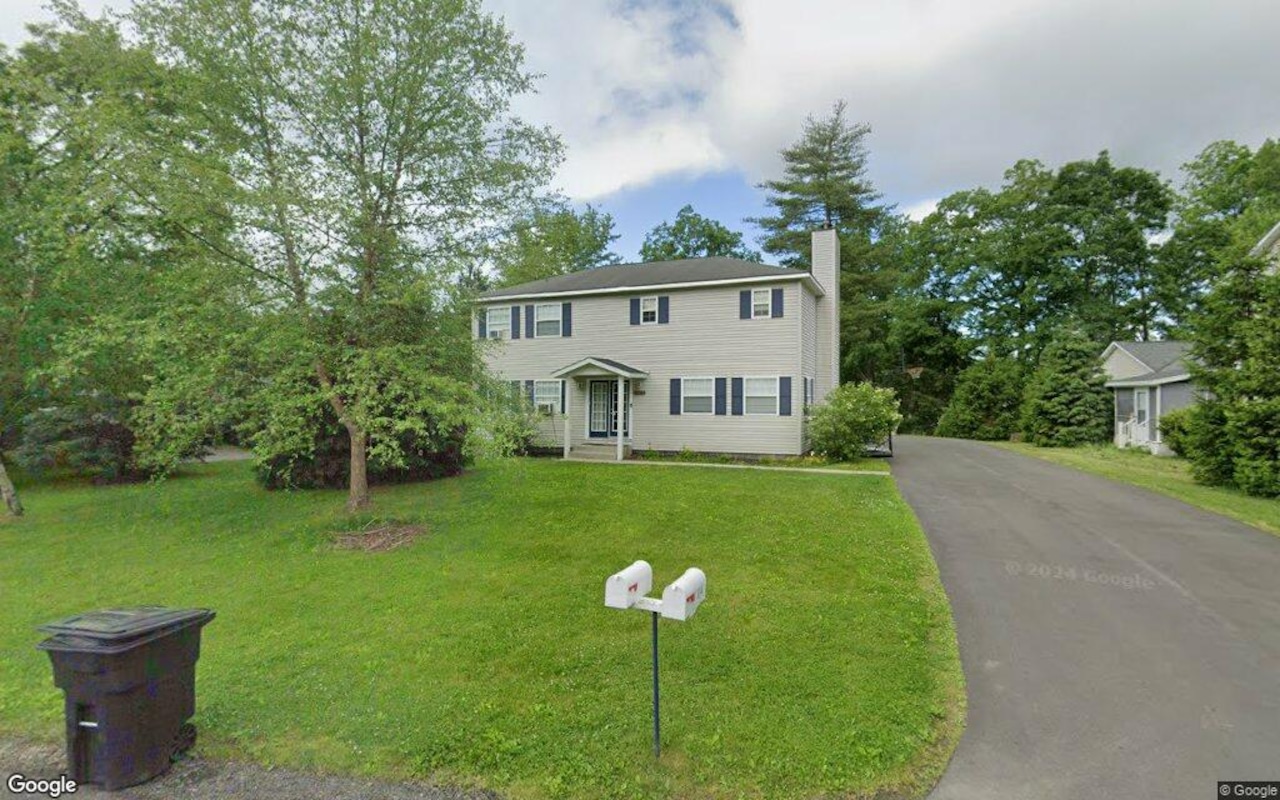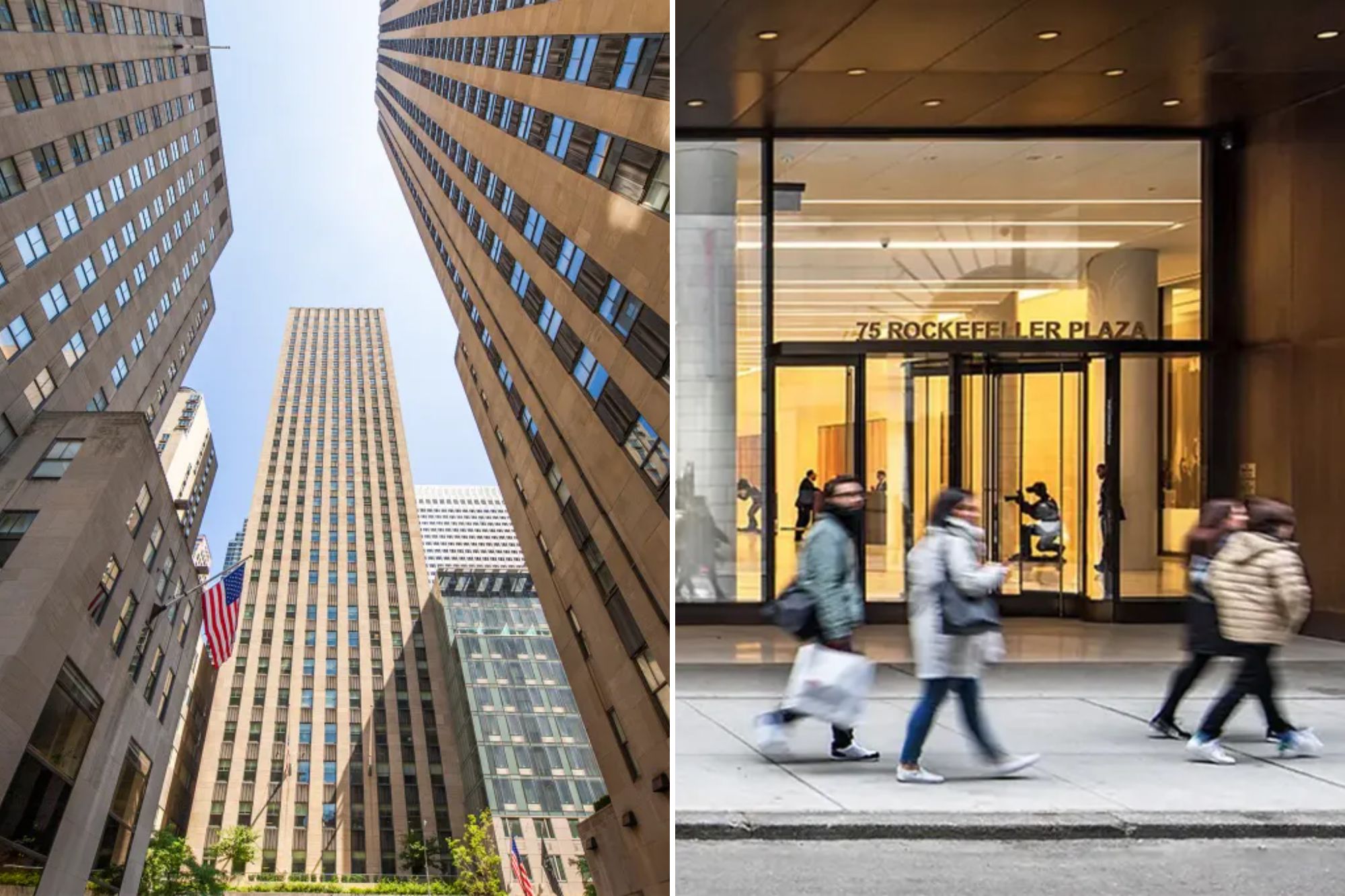N
ew York City hotels will require licenses starting in May, following the City Council's approval of a bill that sets safety and sanitation standards. Hotels must meet requirements such as continuous front desk staffing and panic buttons for employees entering guest rooms to secure a license, which needs to be renewed every two years.
The bill aims to address public safety concerns after 39 murders and over 14,000 criminal complaints were reported at hotels in the past 15 years. However, critics argue that the bill unfairly portrays hotels as unsafe and drives up costs for nonunion hotels by prohibiting them from hiring subcontractors.
After months of negotiations, a compromise was reached to exempt hotels with fewer than 100 rooms from core staffing provisions. The agreement also allows hotels to subcontract work requiring technical skills, such as engineering services. Hotel operators and the union have expressed support for the revised bill, which creates a "fair and practical standard" for hotels.
However, some small hotel owners remain unhappy, feeling that their concerns were ignored in favor of special interests. A national hotel industry group has also criticized the bill, arguing it will harm small businesses and increase costs for travelers. The bill must still be signed into law by Mayor Eric Adams.













